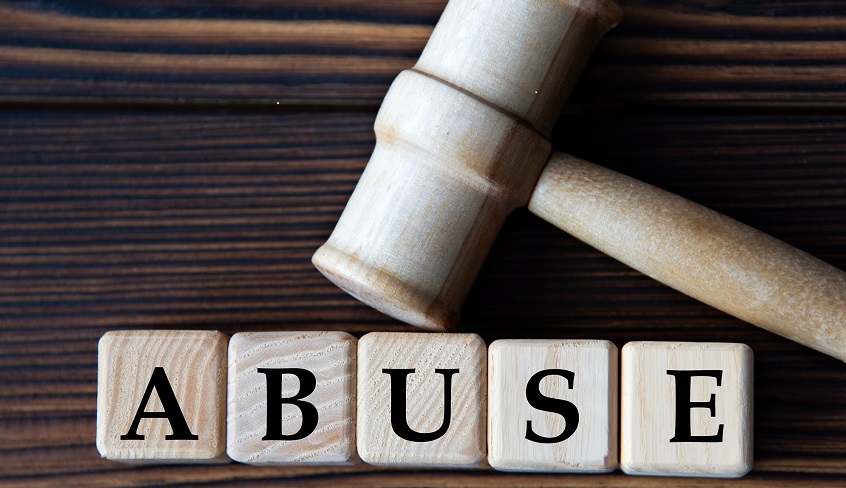Economic Abuse
Economic abuse is a form of domestic abuse and is defined at section 1(4) of the Domestic Abuse Act 2021 as ‘any behaviour that has a substantial adverse effect on B’s ability to (a)acquire, use or maintain money or other property, or (b)obtain goods or service’. There is no exhaustive list of what constitutes economic abuse. It is often the case that acts of economic abuse are so subtle and nuanced that it becomes difficult to identify this behaviour. Some examples of behavior that would constitute economic abuse include but are not limited to the following:
- Restricting or denying access to joint bank accounts or accounts held in that person’s sole name
- Taking steps to compromise someone’s ability to improve their own financial security such as through writing defamatory letters to their employer to compromise their employment status
- Taking steps to damage someone’s credit rating, or
- Acting with the intention of forcing someone into debt
The aim of an economic abuser can often be to ensure that their partner becomes entirely financially dependent on them, so that they can feel trapped in the relationship.
The media have recently reported on an extreme example of economic abuse where a millionaire golf-pro was stated to have set fire to his £900,000 seafront home with the sole intention of denying his ex-wife any funds from that property.
A crucial distinction must also be drawn between relationships where the parties have organised their finances in such a way that has always taken responsibility and control for the household finances, and relationships where one party is experiencing economic abuse. It is commonplace for parties to divide household responsibilities, and there is nothing wrong with one party taking charge of the family finances.
It is important to note that where economic abuse can be identified in a relationship, there will likely be other forms of domestic abuse present. Economic abuse can also often form part of a wider patten of coercive control and controlling behavior. Indeed, the charity ‘Surviving Economic Abuse’ reports that ‘95% of cases of domestic abuse involve economic abuse’.
There is a widespread misconception that economic abuse only impacts those from lower income families. However, the reality is that anyone can be a victim of economic abuse, including those from high-net-worth families. For example, it might be that whilst the family as a whole has substantive wealth, one party in the relationship may not be able to have any independent access to those funds themselves. Taking appropriate legal advice in these circumstances is vital as there are legal and practical steps that could be taken to achieve financial independence post-separation.
Economic Abuse and Financial Separation
Where economic abuse has been a feature of the relationship, it is common for there to be issues of non-disclosure of assets within the financial separation process. Perpetrators of economic abuse will often rely on the fact that their partner has not been privy to financial information within the relationship and as such they may attempt to not disclose all of their resources within the financial proceedings. However, the English court has wide powers as far as financial disclosure is concerned and cost sanctions can be ordered against a party who is failing to disclose the required financial information.
Another financial issue that becomes increasingly relevant when there has been a context of economic abuse to the relationship is the issue of interim finances. It can often be the case that the perpetrator attempts to punish their ex-partner following the end of their relationship through cutting off their financial support entirely. As such, thought may need to be given to issues of funding legal fees and interim maintenance. If an agreement cannot be reached on these issues outside of court, then it might be appropriate to make an application for legal services payments orders to assist with funding legal fees, as well as an application for interim maintenance under section 22 Matrimonial Causes Act 1973. Consideration must be given to the new pre-action protocol for financial remedy proceedings prior to any application being made for interim finances.
Protective Steps
Given that economic abuse is often part of a much wider context of abuse behaviour, there are a range of protective measures that should be considered to ensure the immediate safety of the person who has left the abusive relationship. For example, protective undertakings could be sought through solicitor correspondence if necessary, and appropriate applications could be made under the Family Law Act 1996 for a non-molestation order or occupation order. Legal advice should be sought at the earliest opportunity if there is an imminent risk of harm.
References
- PRACTICE DIRECTION 9A – APPLICATION FOR A FINANCIAL REMEDY (justice.gov.uk)
- https://www.legislation.gov.uk/ukpga/2021/17/section/1
- https://www.legislation.gov.uk/ukpga/1973/18
- https://www.legislation.gov.uk/ukpga/1996/27/contents
Rosa Schofield
[email protected]
The International Family Law Group LLP
www.iflg.uk.com
© July 2024
- Rosa Schofieldhttps://iflg.uk.com/blog/author/rosa-schofield
- Rosa Schofieldhttps://iflg.uk.com/blog/author/rosa-schofield
- Rosa Schofieldhttps://iflg.uk.com/blog/author/rosa-schofield
- Rosa Schofieldhttps://iflg.uk.com/blog/author/rosa-schofield











